Extreme Heat Health Effects and How to Avoid It?
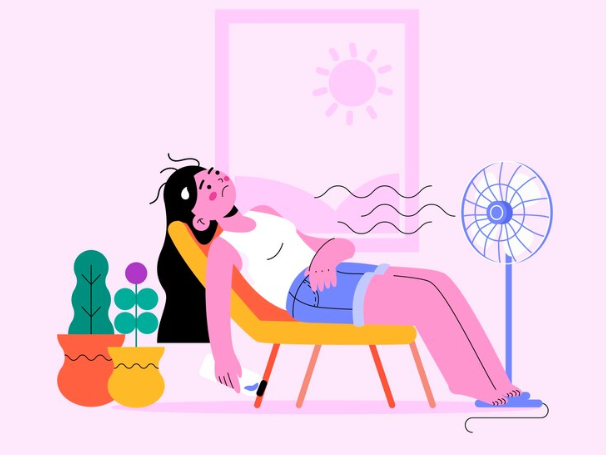
©️ Freepik
Summer is almost here! Its warmth can be delightful, but when temperatures soar to extremes, it can become a serious health hazard.
Extreme heat events, characterized by prolonged periods of high temperatures and humidity, pose a significant threat to people of all ages and health conditions.
This article explores the effects of extreme heat on people’s health, the different types of heat-related illnesses, and the steps you can take to stay safe during a heatwave.
Extreme Heat: A Growing Threat
Climate change is causing an increase in the frequency and intensity of extreme heat events. These heatwaves can disrupt daily life, damage infrastructure, and most importantly, endanger human health. Our bodies are naturally adept at regulating temperature, but when the external environment becomes excessively hot and humid, this system can become overwhelmed.
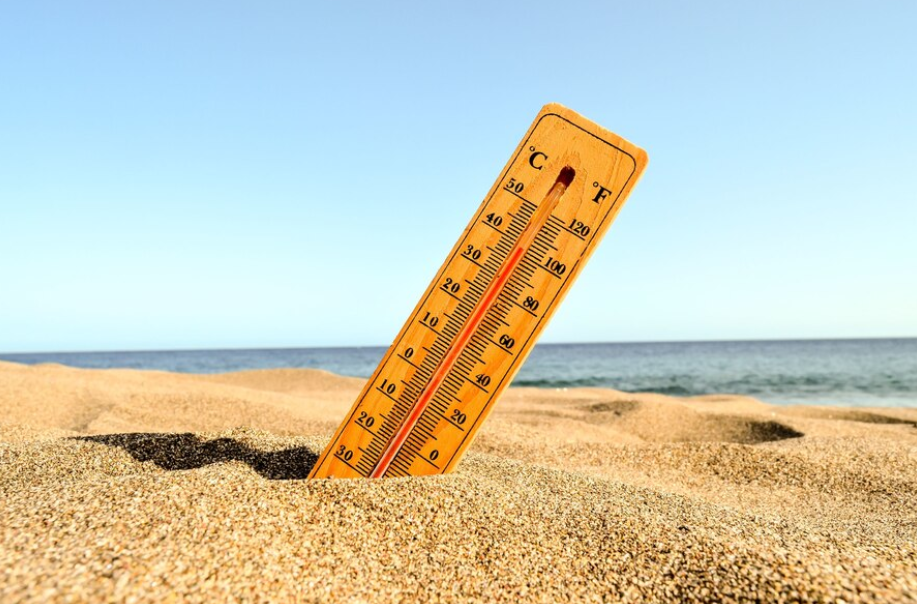
Does Extreme Heat Affect Our Health?
Our bodies work hard to maintain a constant internal temperature. During hot weather, the body increases sweating to cool down. However, this process can be less effective under high humidity, as sweat evaporates less readily. This can lead to a chain reaction of negative effects:
- Increased heart rate and blood pressure: The body pumps harder to circulate blood and deliver sweat to the skin’s surface.
- Dehydration: Sweating leads to fluid loss, which if not replaced, can lead to dehydration. Dehydration can further impair the body’s ability to cool itself.
- Electrolyte imbalance: Electrolytes are minerals in the body that play a vital role in muscle and nerve function. Excessive sweating can lead to electrolyte imbalances, causing muscle cramps, weakness, and confusion.
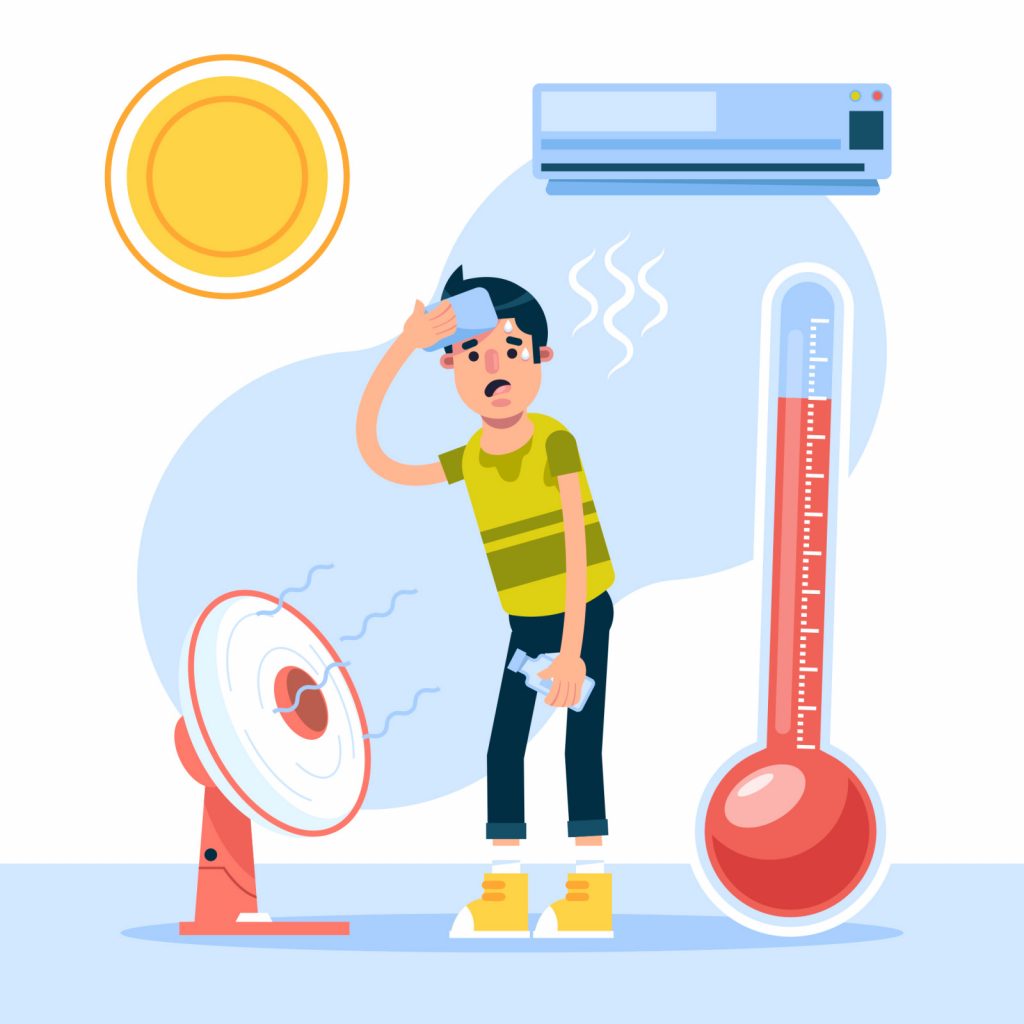
Extreme Heat and Mental Health: A Double-Edged Sword
Although the sun does wonders for our mood, the negative effects of extreme heat extend beyond physical health. Research suggests that heatwaves can also take a toll on mental well-being. Here’s how:
- Increased Irritability and Aggression: The discomfort and physical strain caused by heat can lead to feelings of irritability, frustration, and even aggression. This can strain relationships and create a tense atmosphere.
- Disrupted Sleep: Hot and humid nights can make it difficult to fall asleep and stay asleep, leading to fatigue, difficulty concentrating, and a decrease in overall mood.
- Worsening of Existing Conditions: For people with pre-existing mental health conditions like anxiety or depression, extreme heat can worsen symptoms.
Heat-Related Illnesses
Exposure to extreme heat can lead to a range of health problems, from mild discomfort to life-threatening conditions. Here’s a breakdown of the most common heat-related illnesses:
- Heat Cramps: These are painful muscle cramps, often in the legs and abdomen, caused by electrolyte imbalance.
- Heat Exhaustion: This is a more serious condition characterized by heavy sweating, weakness, dizziness, nausea, and headache. It’s a warning sign that the body is struggling to cool itself.
- Heatstroke: This is the most severe heat-related illness and a medical emergency. Symptoms include high body temperature (often above 104°F), confusion, disorientation, seizures, and loss of consciousness.
Who Is Most at Risk?
Certain groups are more vulnerable to the effects of extreme heat:
- Infants and young children: Their bodies are less efficient at regulating temperature.
- Older adults: Their ability to regulate temperature may decline with age.
- People with chronic health conditions: Conditions like heart disease, respiratory problems, and diabetes can worsen with heat stress.
- People on certain medications: Some medications can interfere with the body’s ability to regulate temperature or sweat. Check with your doctor to see if that could be your case.
- People who work outdoors: Those exposed to high temperatures for extended periods are at increased risk.
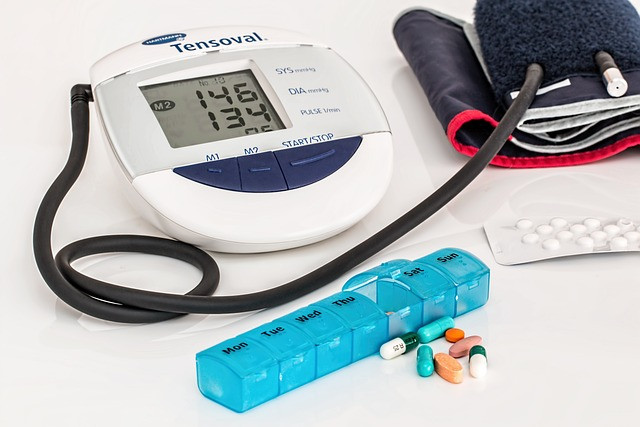
Protecting Yourself During Extreme Heat
The good news is that there are many steps you can take to stay safe during a heatwave:
- Stay hydrated: Drink plenty of fluids throughout the day, even if you don’t feel thirsty. Choose water or electrolyte-containing beverages.
- Limit strenuous activity: Avoid exercising or working outdoors during the hottest part of the day (usually between 10 am and 4 pm).
- Seek air conditioning: Spend time in air-conditioned spaces like libraries, malls, or community centers.
- Wear loose-fitting, lightweight clothing: Cotton is a good choice as it allows sweat to evaporate.
- Take cool showers or baths: This can help lower your body temperature.
- Never leave children or pets in a parked car: Even on a seemingly mild day, the temperature inside a car can rise rapidly to dangerous levels.

Staying Cool When Air Conditioning Isn’t an Option
If air conditioning isn’t readily available, here are some alternative cooling strategies:
- Close windows and blinds during the day: This will help keep hot air out.
- Use fans to circulate air: Ceiling fans or strategically placed box fans can create a cooling effect.
- Take advantage of natural ventilation: Open windows at night when the outside air is cooler.
- Cool down your bedding: Use a light sheet or place a damp washcloth on your forehead before bed.
Heatwave Preparedness: A Community Effort
Extreme heat affects everyone in a community. Here are some ways communities can prepare for heatwaves:
- Heat alert systems: Local authorities can implement heat alert systems to warn residents of imminent hot weather.
- Cooling centers: Setting up cooling centers in public buildings can provide temporary relief for those without air conditioning.
- Vulnerable person checks: Reaching out to check on homebound individuals, older adults, and those who live alone can be crucial during a heatwave.
- Public education campaigns: Educating the public about the dangers of extreme heat, heat-related illnesses, and preventative measures can help save lives.
By working together, communities can take proactive steps to mitigate the risks associated with extreme heat and ensure everyone stays safe during heatwaves.
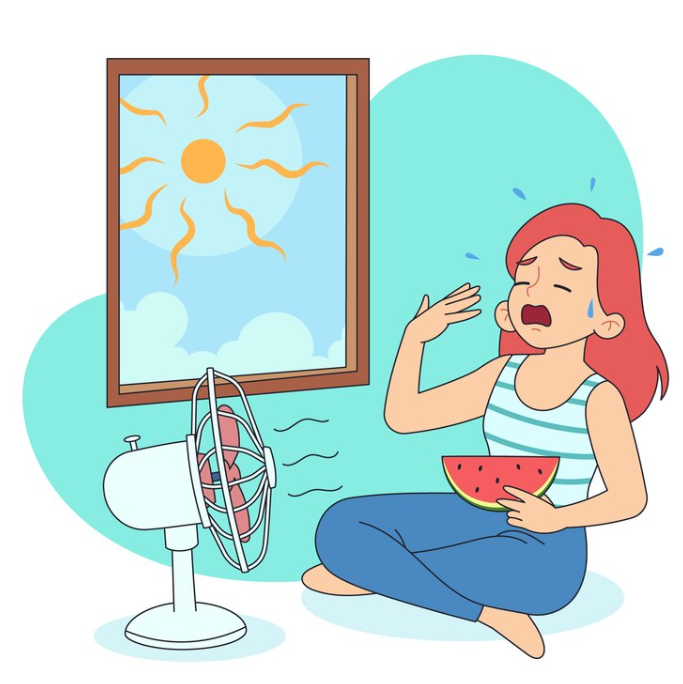
Extreme Heat Health Effects: A Call to Action
The growing threat of extreme heat events underscores the importance of individual and community preparedness. By understanding the effects of heat on the body, recognizing the signs of heat-related illnesses, and taking preventative measures, we can all stay safe during hot weather. Additionally, supporting policies and initiatives that address climate change can help mitigate the frequency and intensity of these extreme weather events in the long run. Let’s work together to ensure that summer’s warmth remains enjoyable and doesn’t become a health hazard.
You may also like: The Best Guide to Eliminate House Flies


